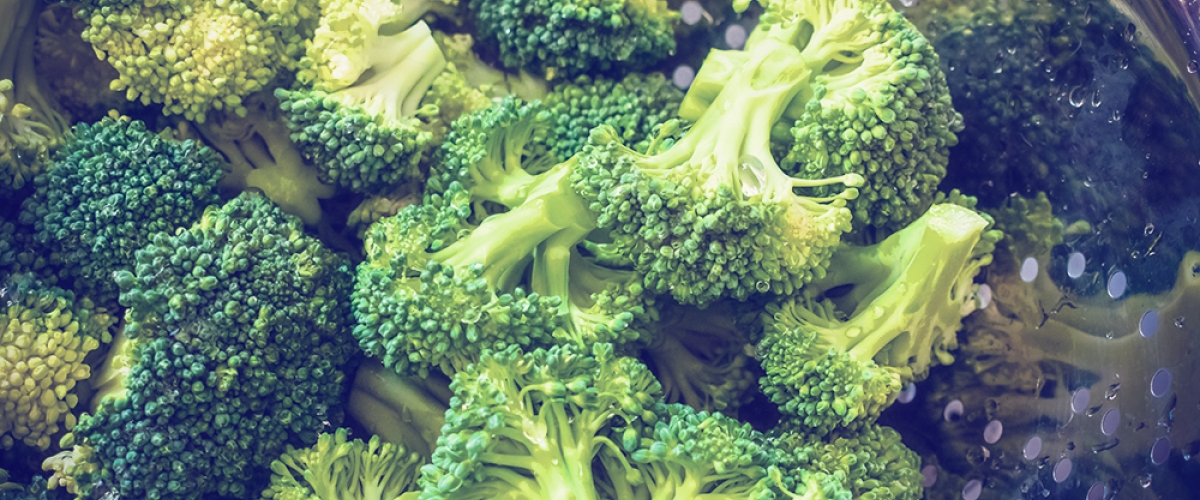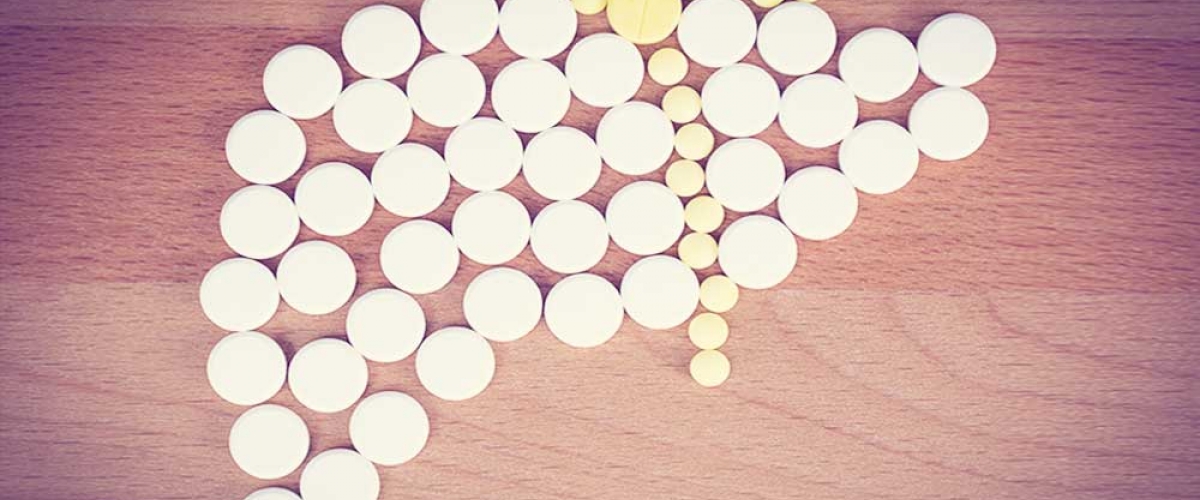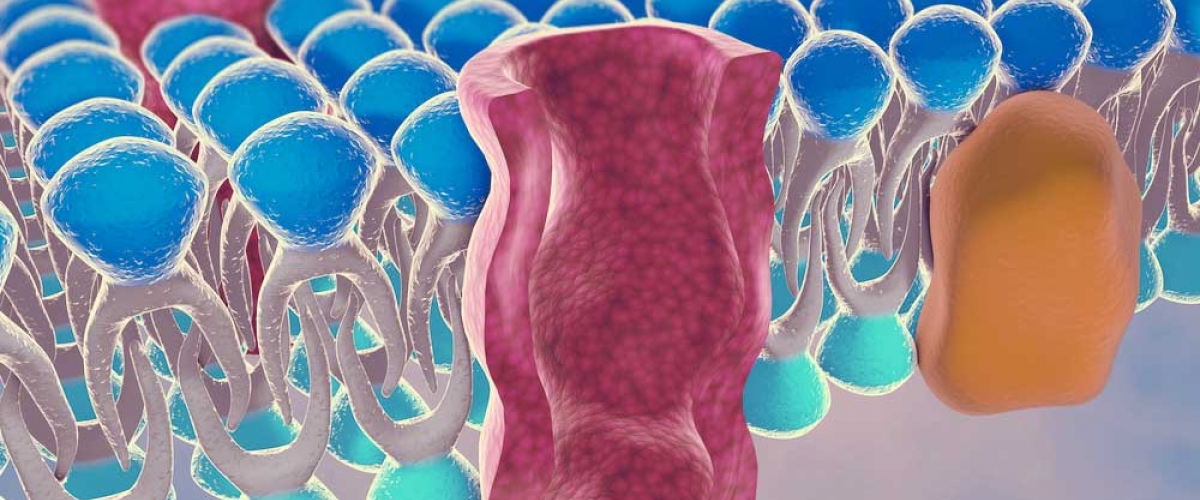Glutathione is our body’s most powerful antioxidant and the main detoxifying agent in the body. Glutathione also plays a fundamental role in supporting the immune system, the metabolism of nutrients and many other cellular processes.[4,5]
A number of chronic health concerns seen in children are linked to toxicity and resultant oxidative stress, enzyme dysfunction and inflammation. Some examples of these conditions include allergies and chemical sensitivities, immune dysfunction, neurological and behavioural conditions, and cardio-metabolic diseases.
Pyrrole disorder affects up to 10% of the population, and the incidence can increase to 18-35% in people with psychological disturbances, learning or behavioural problems.
N-acetyl-cysteine (NAC) is a known precursor for glutathione (GSH). This study looked at the impact of NAC on GSH status for detoxification in older populations.
It's often an overlooked fact that paracetamol has a significant impact on glutathione in the body. So it's certainly something health professionals need to be considering.
Antioxidants are well known for their health benefits. Often derived from plants, they come in the form of phytochemicals that protect the plant from external damage in their environment.
Dr Chris Shade is an expert on human detoxification and liposomal nutrient delivery. In this podcast he delves into both, ahead of his pending appearence at the 5th BioCeuticals Research Symposium in Australia in 2017.
The human detoxification system is a delicate and complex process involving three distinct phases. However, it is only very recently that we have elucidated the function and significance of Phase III. We now understand that any successful therapeutic management of detoxification requires us to restore, manage and augment this phase, which can then have profound implications for health and resilience.














